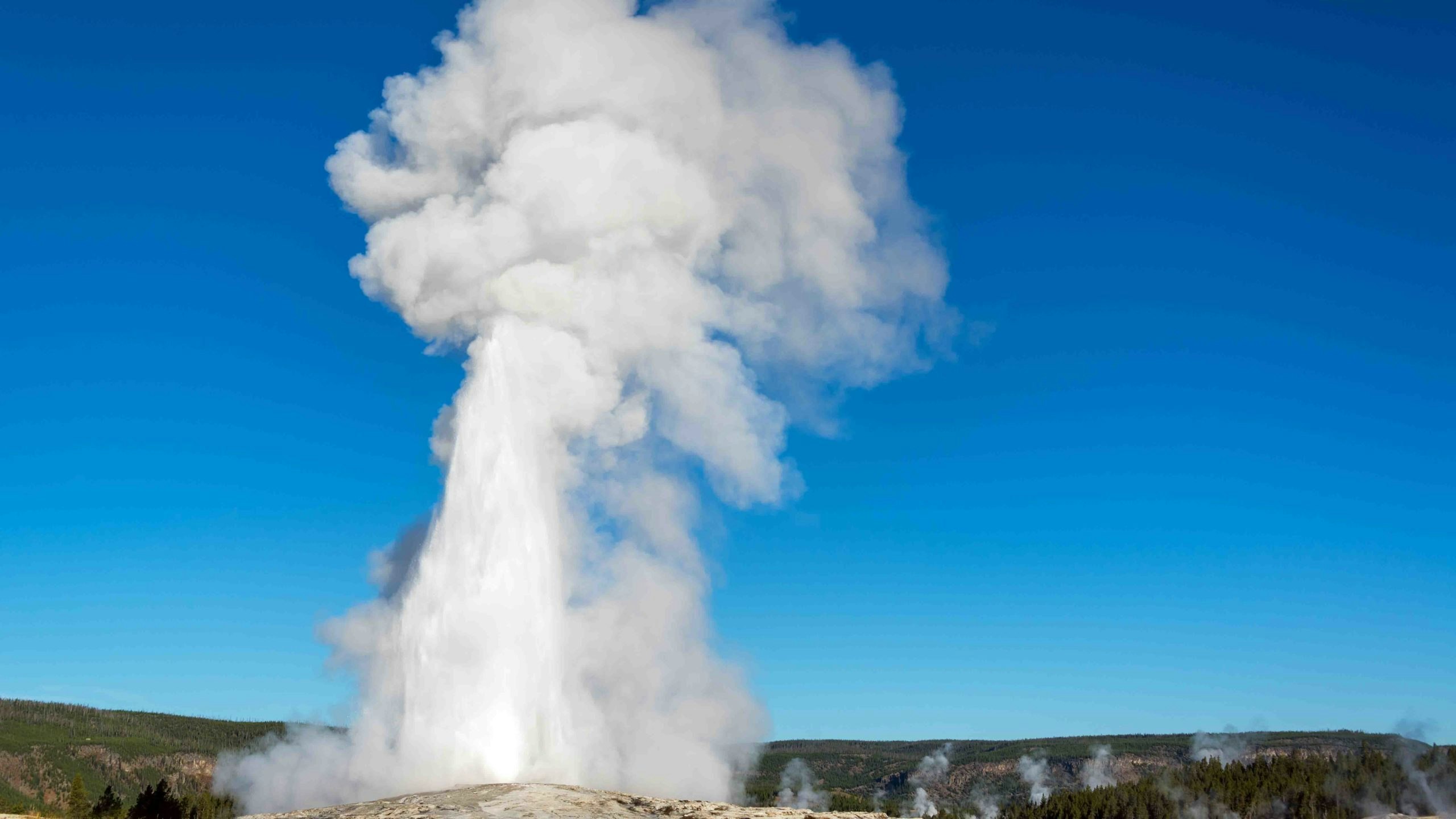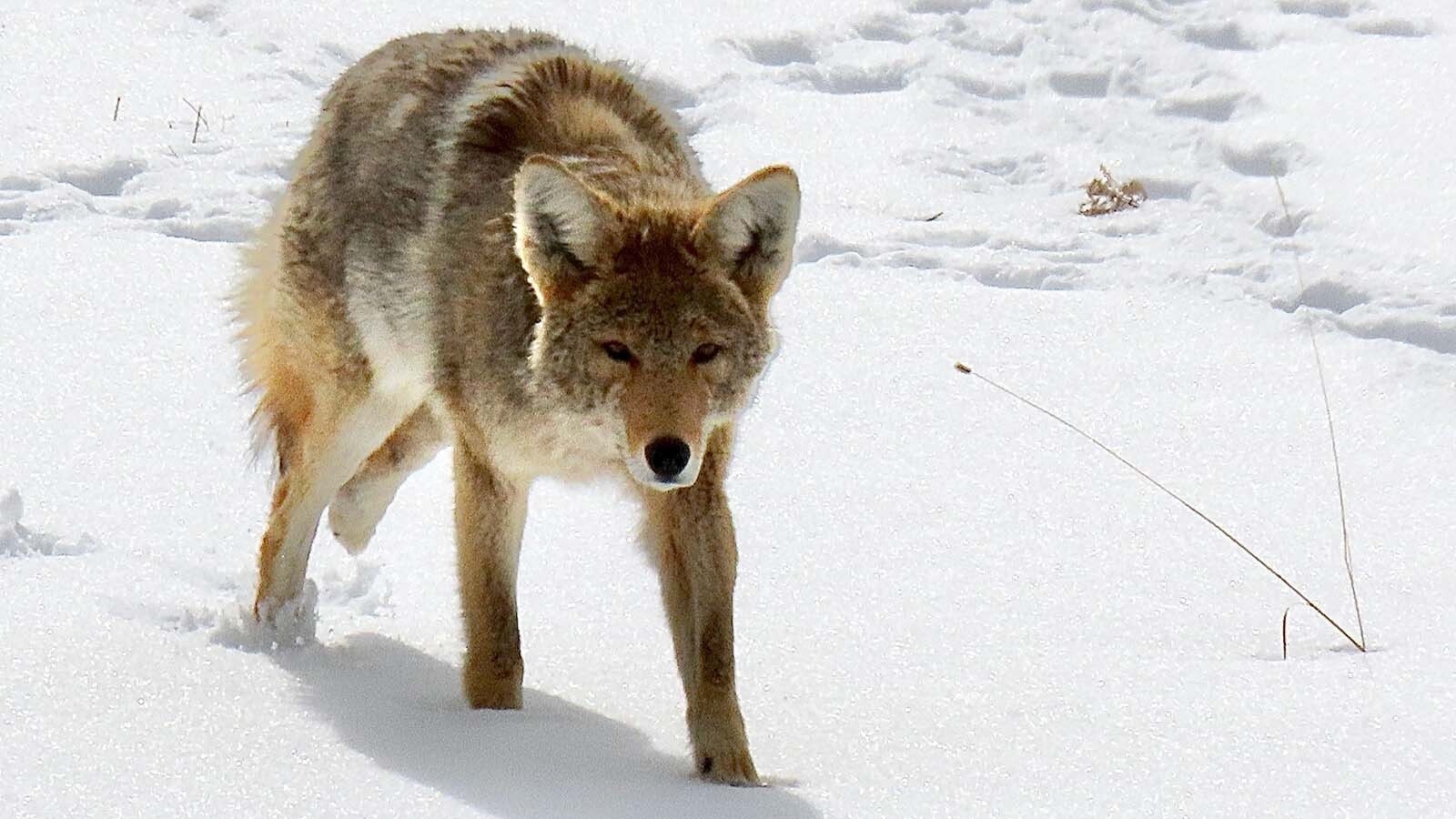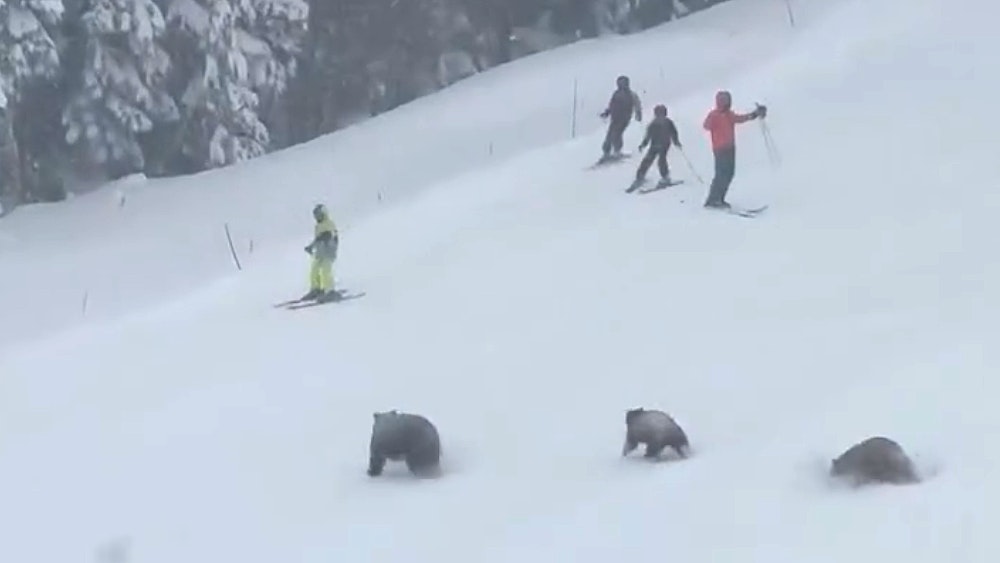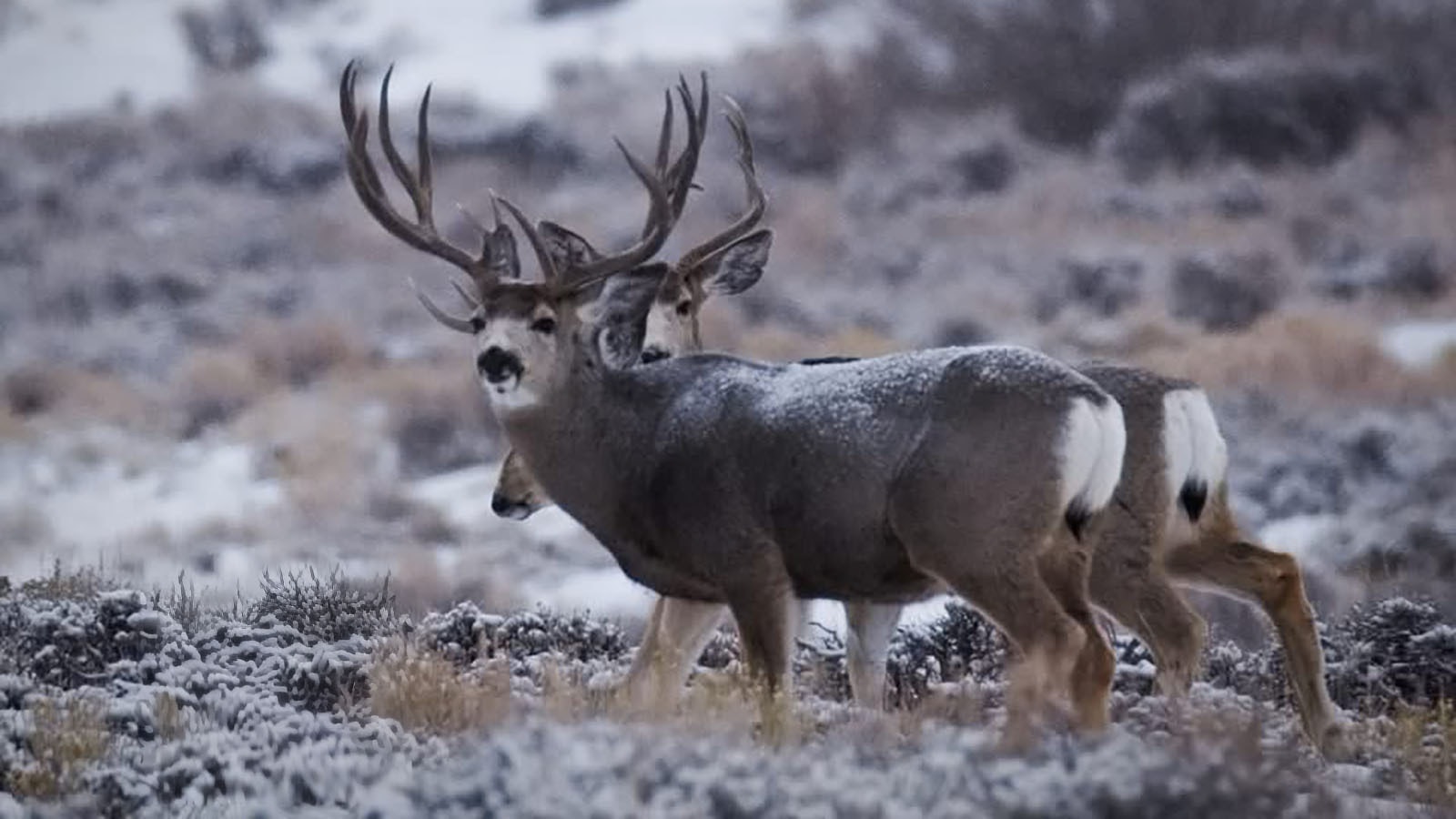A volcanic eruption in the Yellowstone caldera would not lead to “Armageddon” in the West as is commonly believed, according to the scientist in charge of the Yellowstone Volcano Observatory.
Mike Poland, in his monthly update on activity in the caldera, said these lava flows in Yellowstone aren’t that common. They happen only once every few tens of thousands of years.
“A big misconception is that if Yellowstone were to erupt, it would be Armageddon — that only explosive eruptions are possible. And that’s just not true. In fact, the most common form of activity at Yellowstone is a lava flow,” Poland said.
The last big explosive eruption at Yellowstone was 631,000 years ago and resulted in the caldera that contains the world’s first national park, Poland said.
The last eruption of note, though, happened around 174,000 years ago, creating what is now the West Thumb of Yellowstone Lake. There have been 60 smaller eruptions since, the last of which occurred around 70,000 years ago.
Since that time, there have been about 20 or more lava flows that have occurred in the caldera region, he said. These lava flows are very thick, pasty rhyolite flows, not like the fast-moving flows seen from Hawaiian volcanic activity.
The flows don’t move very quickly, but they are huge, Poland said.
He added, however, that lava flows are still rare, with the last one occurring about 70,000 years ago.
If you want to see the results of lava flows, they are easy to find as they are located in some of the most popular parts of the Park.
“If you stand in the Old Faithful area, what you’re seeing all around you are some of these really great big lava flows,” Poland said. “And if you want to see into the guts of these lava flows, go to the Grand Canyon of Yellowstone.”
Poland previously said that even if the volcano erupted on a schedule, the math didn’t work out to it erupting “soon.” Really, the math showed the volcano wouldn’t erupt again for another 100,000 years.





